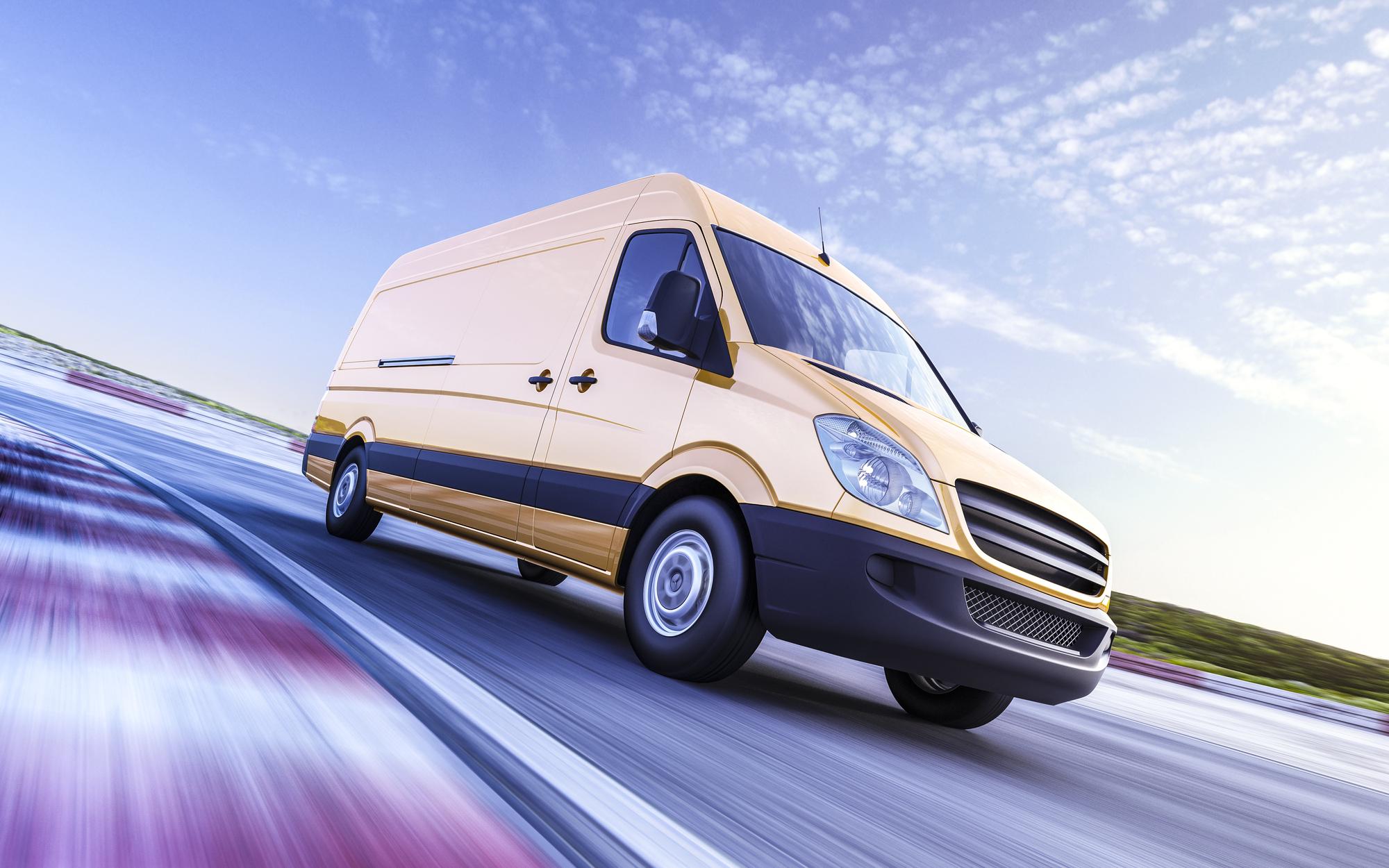Tourists often assume cannabis rules are the same everywhere once a state legalizes, but laws still vary widely—and federal rules still apply. As of mid-2025, adult-use (recreational) cannabis is legal in two dozen states plus D.C. and several territories, while medical programs exist in most of the country. That means a visitor can usually find licensed retailers in many destinations, but must still follow state-specific purchase limits and where-you-can-use rules.
1) Know the basics before you go
Adults 21+ can buy in adult-use states with a government-issued photo ID (passport is fine). Purchase limits differ by state and may be stricter than you expect. For example, California sets daily retail limits at 28.5 grams of non-concentrated cannabis (flower), 8 grams of concentrate, and up to 6 immature plants per adult consumer. Nevada allows up to 2.5 ounces of cannabis and up to a quarter-ounce of concentrate. Always check your destination’s official pages shortly before you travel in case those limits change.
2) Expect cash or debit (not credit)
Because cannabis remains illegal under federal law, many banks and card networks restrict services to the industry. Shops commonly accept cash, often offer ATMs, and increasingly support PIN-based debit or other workarounds—but true credit card acceptance is still uncommon. Federal compliance guidance from FinCEN helps, but it does not fully resolve banking access. Plan accordingly.
3) Buy only from licensed retailers
Licensed stores verify IDs, test products, and label potency and ingredients. These controls are the point of legalization. State sites and major cities typically list consumer resources; for instance, Denver emphasizes that public consumption is illegal and that private or licensed hospitality venues are the right places to use.
4) Understand where you can consume
“Legal” doesn’t mean “anywhere.” In most states, consumption is limited to private property with the owner’s permission. Public use (streets, parks, beaches, casino floors) is typically prohibited. A handful of jurisdictions license on-site consumption lounges—Nevada is a prominent example—so tourists who can’t smoke in hotels may look for those venues. Always
verify that a lounge is state-licensed.
5) Don’t consume on federal land
National parks, national forests, and other federal areas follow federal law; possession and use are prohibited even inside legalization states. Visitors to destinations that abut federal land (for example, many Western parks) should be especially careful.
6) Treat impaired driving like you would alcohol—zero tolerance
Driving high is illegal everywhere in the U.S. Some states use THC per-se or zero-tolerance standards, and others use “reasonable inference” thresholds (e.g., Colorado at 5 ng/mL). If you plan to rent a car, designate a sober driver or use rideshare. Local rules can be stricter in tourist areas with nightlife.
7) Keep products sealed while in transit
Many states have “open container”-style laws for cannabis in vehicles. Colorado, for example, treats possession of an open marijuana container in a vehicle as a traffic infraction; keep purchases sealed and stowed away from the driver. Similar rules exist in other states, so don’t open products until you’re at a legal place to consume.
8) Airports, planes, and mailing: follow federal rules
Airport screening is federal. TSA officers don’t search specifically for cannabis, but if they encounter it, they refer the case to local law enforcement—and carrying cannabis across state lines or on aircraft runs into federal law. Some airports publish local guidance (LAX notes California’s limits but reminds travelers TSA is federal and destination laws vary). The simplest tourist rule: don’t fly with cannabis, and don’t mail it. USPS treats controlled substances as nonmailable. Dispose locally if needed and never use the mail.
9) Respect hotels, rentals, and venues
Private property rules control. Many hotels (and nearly all casino properties) prohibit smoking of any kind; some also ban vaping or edibles on-site. Short-term rentals vary; check listings and house rules. Where hospitality licenses exist, confirm whether the venue allows smoking, vaping, or only edibles, and whether there are product limits for entry.
10) Mind dosage and onset
Legal products display THC/CBD content and serving sizes. Tourists should start low (e.g., 2.5–5 mg THC for edibles) and wait for onset—especially at altitude or after travel. If in doubt, ask staff for guidance and read labels carefully. (Dosing guidance and labeling requirements vary by state; California and Colorado both set serving standards and require clear labels.)
11) Don’t take products home across borders
Transporting cannabis between states is still illegal, even if both states have legal markets. That includes driving across state lines. Consume or dispose of remaining products before you depart.
12) Sales tax and limits can affect your budget
Expect excise and local taxes at checkout—sometimes substantial. Daily purchase caps can also affect group purchases; each adult must buy within their own limit and carry their own product. State consumer pages outline these caps (see California and Nevada examples above).
13) When in doubt, check the official page
Laws evolve. Before traveling, review your destination’s state cannabis authority (e.g., California Department of Cannabis Control; Nevada Cannabis Compliance Board) and a reliable national tracker such as NCSL’s cannabis overview. That five-minute check prevents the most common tourist mistakes.

